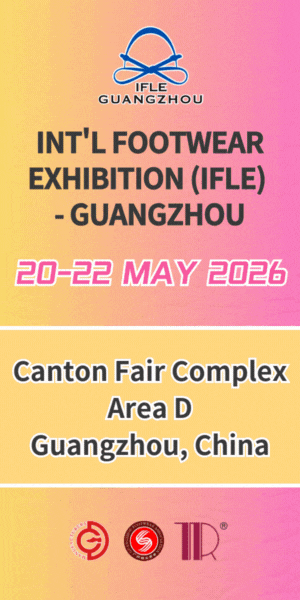Shoe firms feature prominently in Lille circular fashion competition
The metropolitan region of Lille in northern France has opened up a public vote for a competition called the Circular Fashion Trophies.
Twenty-seven finalists are in contention for six prizes, each worth up to €10,000 each. The categories comprise ‘promise’ awards for projects that are still in development, booster awards for projects that were launched less than one year ago and awards of honour for projects that have been on the market for more than one year. In each case, there will be separate prizes for small and for larger companies, with turnover of €2 million the threshold between the two.
Organisers said a commitment to the circular economy was at the core of what all 27 finalists are trying to do, adding: “This is allowing a new type of fashion industry to emerge, centring on new value chains, social and environmental responsibility and innovation in raw materials and in processing.”
No fewer than six footwear companies are among the finalists.
A new brand from major footwear group Eram is one of the finalists. Its TBS brand launched in 2019 with a sports shoe that it says is 100% recyclable. In contrast, Hodei is a small start-up, which says its shoes have circular economy principles as their starting point. It wants its customers to be fully involved in designing their shoes and in the reuse and recycling of the materials at the end of their first lifecycle.
Another start-up, Zero Waste Shoes, makes no footwear of its own but seeks to work with shoe brands big and small to help them make their designs more recyclable and to find good uses for products that appear to have reached the end of their useful life.
The concept that l’Atelier Bocage has come up with is that its customers will pay a monthly fee to rent rather than buy shoes and boots from its collection, keeping and wearing each pair for two months. On their return, the footwear undergoes full reconditioning before making its way to another customer’s closet.
Caruus uses leather that it upcycles from cuttings from French leathergoods brands as one of the “responsible materials” that it puts into its shoes. It states clearly that it has no interest in using synthetic substitutes with labels saying ‘recycled’ or ‘vegan’. “These use content derived from petrochemicals and are made using opaque and harmful processes,” Caruus says.
Based near Angers, Sessile is a brand that uses veg-tanned leather from Portugal in its linings and upper leather from Italy in its models. It’s also committed to taking shoes back from its customers after use, reconditioning them and selling them second hand to new owners afterwards.
Uppers in Faguo’s shoes are typically 90% leather. This brand claims to be carbon positive because it plants a tree for every shoe it sells. It launched in 2009 and has, to date, planted more than 1.6 million young trees across France.
Members of the public have until October 14 to vote for their favourite. An awards ceremony will take place in Roubaix on October 16.








